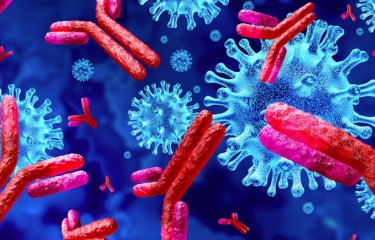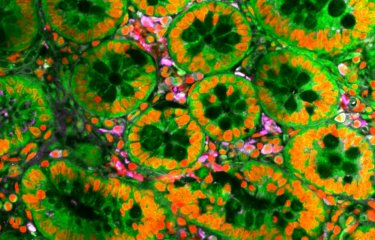On the African continent, diarrheal diseases are very frequent but their etiology is often unknown which does not allow an optimal care of the patients.
Yersinia enterocolitica is a bacterium responsible for gastroenteritis whose natural reservoir is the pig. Well known in Europe, where it is the 3rd cause of bacterial diarrhea, it is, on the other hand, poorly diagnosed in Africa because of the frequency of other infections such as cholera and the difficulty to isolate it.
In order to determine whether this bacteria circulates and whether it was responsible for human gastroenteritis, a study was conducted between June 2012 and December 2013 in 41 pig farms around Abidjan by a team of researchers from the Institut Pasteur in Côte d'Ivoire.

"Our results clearly show the presence of this bacterium in pig farms but also indicate that it is responsible for human diarrheal diseases with a similar frequency to that observed in Europe" explains Daniel Saraka of the Environment and Health Department of the Institut Pasteur in Côte d’Ivoire.
But Ivorian researchers have also made the observation that some of the circulating strains had the unusual feature of mutating at a much higher frequency than normal. "These hypermutative strains of Yersinia enterocolitica have so far never been isolated naturally. This property can thus make the bacteria better adapted to new environments, more virulent for their host, or able to withstand some commonly used treatments "continues Daniel Saraka.
Diarrheal diseases are a serious public health problem on a global scale and particularly on the African continent. According to WHO, more than 500,000 children under five die each year from diarrhea.
Source
Saraka D, Savin C, Kouassi S, Cissé B, Koffi E, Cabanel N, Brémont S, Faye-Kette H, Dosso M, Carniel E. Yersinia enterocolitica, a Neglected Cause of Human Enteric Infections in Côte d'Ivoire. PLoS Negl Trop Dis. 2017 Jan 12;11(1):e0005216. doi: 10.1371/journal.pntd.0005216. PubMed PMID: 28081123.





